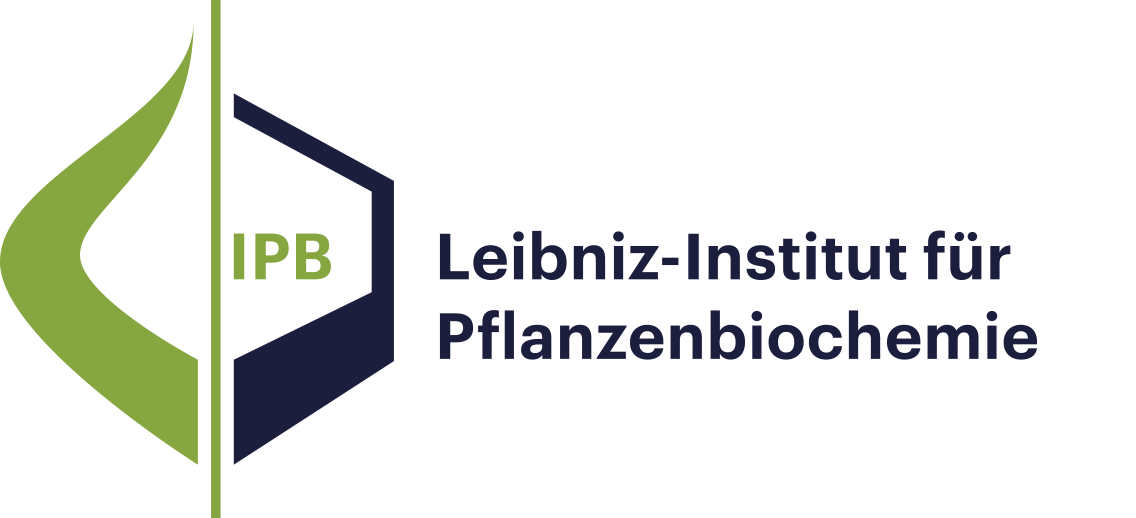- Ergebnisse als:
- Druckansicht
- Endnote (RIS)
- BibTeX
- Tabelle: CSV | HTML
Publikation
Leitbild und Forschungsprofil
Molekulare Signalverarbeitung
Natur- und Wirkstoffchemie
Biochemie pflanzlicher Interaktionen
Stoffwechsel- und Zellbiologie
Unabhängige Nachwuchsgruppen
Program Center MetaCom
Publikationen
Gute Wissenschaftliche Praxis
Forschungsförderung
Netzwerke und Verbundprojekte
Symposien und Kolloquien
Alumni-Forschungsgruppen
Publikationen
Publikation
With their diverse biological activities, peptides are promising candidates for therapeutic applications, showing antimicrobial, antitumour and hormonal signalling capabilities. Despite their advantages, therapeutic peptides face challenges such as short half-life, limited oral bioavailability and susceptibility to plasma degradation. The rise of computational tools and artificial intelligence (AI) in peptide research has spurred the development of advanced methodologies and databases that are pivotal in the exploration of these complex macromolecules. This perspective delves into integrating AI in peptide development, encompassing classifier methods, predictive systems and the avant-garde design facilitated by deep-generative models like generative adversarial networks and variational autoencoders. There are still challenges, such as the need for processing optimization and careful validation of predictive models. This work outlines traditional strategies for machine learning model construction and training techniques and proposes a comprehensive AI-assisted peptide design and validation pipeline. The evolving landscape of peptide design using AI is emphasized, showcasing the practicality of these methods in expediting the development and discovery of novel peptides within the context of peptide-based drug discovery.

